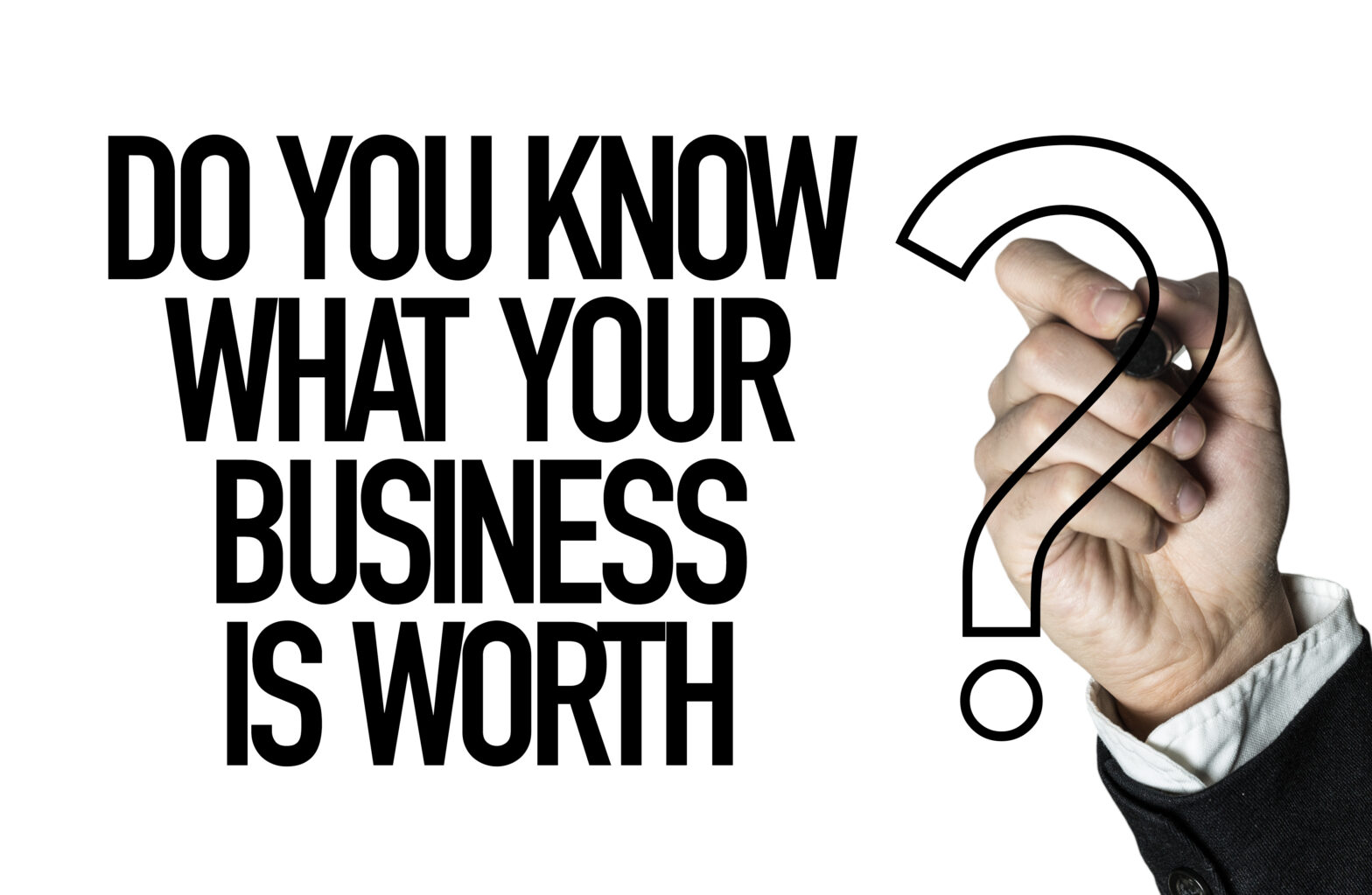Martin Stiksel is still on a high. He’s just sold Last.fm, the business he co-founded in 2002, for £142 million.
‘With the future of the company secured, we have a lot of security to do all the things we only dreamed about,’ says Stiksel, who at the age of 32 is the oldest of the three founders.
For Stiksel, Felix Miller and Richard Jones, the sale of Last.fm to US broadcaster CBS last month marks the culmination of five years’ hard work.
‘In the early days, we couldn’t pay our rent, so we had to sleep on the roof terrace,’ Stiksel recalls. ‘At one point we paid people by cooking them lunch.’
CBS evidently liked what Stiksel and his colleagues had created, a website that allows users to listen to music online, and recommends new songs and artists to them based on their tastes. There is also a social networking element to the site, as it brings together people with similar preferences.
Both buyer and seller moved quickly. From CBS’ initial approach to completion, the nine-figure deal took a mere two weeks. ’We were looking for the right partner to secure our future and independence, and crucially one which shared our vision. CBS really clicked with the team – we had a very good understanding,’ Stiksel reveals.
Related: The top things to bear in mind when selling a business
Unfortunately, it doesn’t always happen like that, even in the heady world of the web. The typical path to a successful exit is a twisting one, as Richard Alberg, senior vice-president of HR support company Kenexa, can testify.
Alberg ran online assessment company Psychometric Services through the dotcom boom and its painful aftermath, sustaining crucial research and development while slashing other costs. The company came out the other side, going into the black in 2005 and becoming ‘comfortably profitable’ in 2006. Further growth, however, proved elusive.
‘Our very success created a problem,’ Alberg explains. ‘What we were offering appealed to multinationals but they wanted a global solution. Our IP could have delivered greater sales if the capacity had existed to deliver to other parts of the world.’
There were also less strategic considerations. ‘We had taken investors’ shillings and needed to give them an exit,’ Alberg admits.
Having appointed an adviser, he began to target possible buyers. A purchaser from the US showed interest and an offer was formalised. It was during the due diligence that cracks started to show.
‘There was a lack of understanding and shared aspirations,’ Alberg says. ‘We also ignored the elephant in the corner. The two of us were keen to get the deal through and chose to disregard the painful stuff and we ended up wasting a lot of time and money.’
The elephant, in this case, was the question of how the launch of the company in the US would be funded.
Alberg comments: ‘Modifying our products and funding sales activity would, in the short term, reduce our earnings, while the prospective acquirer wanted us to operate at peak efficiency and profitability. Neither side addressed this issue until the very end and it was only then that our different objectives rendered the deal not doable.’
Psychometric Services’ abortive deal highlights the importance of scrutinising not just the terms of an offer, but the underlying motivation of a buyer.
‘When you’re selling strategically, you have to understand the value of what you’re offering them,’ says Paddy MccGwire, founding partner of Cobalt Corporate Finance. ‘Understand their business model and their issues.’
A question of motive
According to MccGwire, the best motive an acquirer can have, from the seller’s point of view, is the desire to take advantage of a strategic opportunity, as shown by CBS snapping up Last.fm.
Andrew Millington, a partner at accounting and advisory firm Mazars, agrees. ‘If there are strategic buyers in the sector looking around, ignore those at your peril,’ he counsels. ‘There may be one or two strategic buyers who aren’t quite right for you at the time, but by the time it is right, they may have moved on.’
Fortunately for Alberg, timing was on his side. The wrecked deal, distressing though it was, gave other, more suitable buyers the chance to get involved. Alberg soon found himself considering four very different offers.
‘One company offered bulk. Another saw us as a complementary business,’ he recalls. ‘A couple were looking for a geographical rollout. Each one offered different things to our team.’
After weighing up the offers, Alberg chose Kenexa, which is quoted in the US with a £450 million market capitalisation. Kenexa had offered £4 million cash with £2 million dependent on a two-year earnout – the same as one of the other bidders. Though there was potential for further negotiation, Alberg decided that maintaining a sound working relationship with the buyer was worth more than an extra few per cent on the deal.
‘I was going to do an earnout so I wanted a company I was happy working in rather than a couple of years of misery,’ he explains.
In the event, both Last.fm and Psychometric Services had the luxury of choosing their acquirer, rather than simply being chosen. Stiksel says: ‘There’s hardly been a month since 2004 when we haven’t got an offer. Usually, it’s been by email.’
Hugo Haddon-Grant is managing director of Cavendish Corporate Finance, which advises vendors. He says many owner-managers could benefit from better organisation and forethought.
‘Often an owner comes to us and says: “I’d like to sell this business yesterday.” That is often a mistake. If you plan a sale a year in advance, there’s a lot you can do to polish up and position a business in order to add value and make it easier to sell too,’ says Haddon-Grant.
Millington at Mazars goes further. ‘If you have a two to three-year exit horizon, then you have time to plan things,’ he says. ‘We worked with one business in a sector that’s growing fast globally, but it hadn’t got a grip on its systems, its people or its finance function. It had a fantastic opportunity to get value from someone who wanted to buy and yet it was run as a fiefdom rather than a professional business.’
Intrinsic value
A make or break element of preparation is ensuring that the business has core value without your involvement. ‘Dependency on a vendor in a business will affect the price and might also affect the structure,’ adds Millington. ‘It doesn’t matter if you’re not in the office all the time – you might only be there for an hour or two a day – but you’ll still be absolutely integral to the business.’
Having a strategy not only improves exit prospects, it also allows would-be vendors to exploit opportunities in the market.
‘Certain sectors become the flavour of the month for a period, then go out of fashion,’ argues Haddon-Grant. ‘Quite often, a client will see one or two competitors being sold and achieving good prices. Or there might be press coverage about consolidation in a particular sector.’
Such opportune moments tend to be short-lived. Millington notes: ‘If you leave it too long, [the potential buyer] may go off and look elsewhere, which can damage your business.’
Growing in harmony
As well as keeping an eye on the market, sellers should try to find a buyer at the right point on the company’s own growth curve. If there’s a lot of potential in the business, that can be a powerful weapon in your bargaining armoury.
Although Last.fm’s owners spent two years rejecting dozens of offers for their business, Stiksel admits that the company’s future growth could not have been secured without the resources of CBS. ‘If you get bigger, you need stronger partners,’ he notes.
From a private equity point of view, it’s a tricky process as Beringea’s managing director Stuart Veale reveals. He acknowledges that balancing so many considerations can be difficult: ‘You’re aiming to sell when your business is performing well, at a point when profits are high and rising,’ he says. ‘But you don’t want to sell out too early, before you’ve taken advantage of potential profit growth.’
Once you’ve decided it’s the right time to sell, the next question will be how much you can expect in return for your business. For Haddon-Grant, you may need to begin by adjusting your expectations.
‘Clients’ ideas of their business’ value tend towards optimism, which is not surprising,’ he says. ‘It’s easy to look at a similar business on the stock exchange and say: “That business has that earnings multiple; therefore my business should be valued on the same multiple.” The danger is that profits may be calculated after the directors have taken substantial drawings, which will make the multiple higher.’
MccGwire dismisses much of the number crunching as wishful thinking. ‘Multiples have nothing to do with how you can achieve your price,’ he says. Instead, he argues that ‘value drivers’ such as a fast-growing market, a leading market position and differentiated products, are crucial. Conversely, ‘value destroyers’ may include existing agreements and obligations, ill-protected IP, and a misalignment of the vendor’s interests with the acquirer’s.
Ultimately, says Veale, formulae such as profit-earnings multiples may provide a point of reference but, at the end of the day, ‘it comes down to what someone’s prepared to pay’.
While Veale admits that a bidding war may be a good way of gaining a better price, it isn’t always the highest bidder who wins the day. Aside from price, a vendor may consider questions such as the buyer’s reputation and resources, the strictness of warranties they might require, and whether the terms of the deal include an earnout.
Once Kenexa had formalised its offer to acquire Psychometric Services, due diligence began. Alberg admits that he was taken aback by the rigour of the investigation.
‘It’s a horrendous process,’ he says. ‘You get questions like: “When was the last time your fire extinguishers were serviced?” People are doing a box-ticking exercise. That’s the level of detail they go into and it’s painful.’
As Alberg’s two-person finance team busied themselves with the due diligence, some of their regular tasks fell by the wayside.
‘Our accounts had a bad two or three months,’ he admits. ‘It wasn’t anything more than an inconvenience because we didn’t take our eyes off the sales ball. But we did slightly take them off the finance ball.’
Millington observes that forgetting about running the business is a common and easy mistake to make during a sale. He says: ‘The deal process takes a huge amount of your time and results can slip. It should take three to four months to sell a business; if results deteriorate during that time, it can affect the price. As a buyer, you’d want a maintainable earnings stream.’
At this point in the process, the psychological strains of the deal can also take their toll. ‘Keep hold of your emotions,’ advises Millington. ‘Don’t flinch, and don’t blink first. If they come back to you with questions, don’t give away any hard-won parts of the deal.’
Alberg agrees. ‘You can’t take things too personally,’ he says. ‘It’s a difficult and divisive process, but it’s strictly business. Form a relationship with the acquirer so that when there’s a problem you can talk.’







